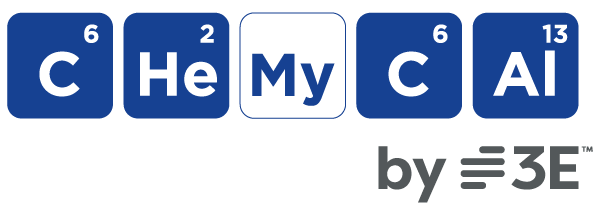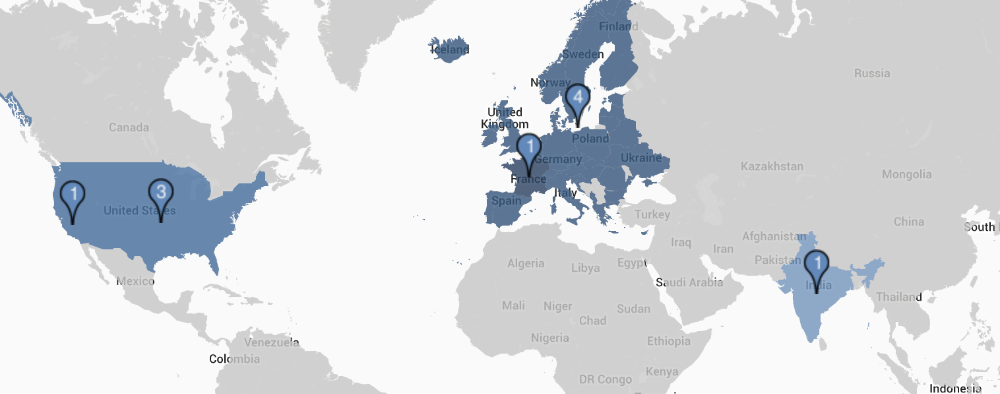In March 2015, Glyphosate was classified as a probable human carcinogen by the International Agency for Research on Cancer (IARC), the world’s foremost specialist agency on cancer. According to 2009 EU pesticides law (1107/2009) active substances which may cause cancer must be banned.
But in Europe, the assessment of glyphosate by the German Federal Institute for Risk Assessment (BfR), acting as a Rapporteur for the European Union, and the peer review of the European Food Safety Authority (EFSA), concluded that glyphosate is “non-carcinogenic”. The BfR’s draft assessment and EFSA’s peer review have been strongly criticized by nearly 100 scientists who point to “serious flaws” in the scientific evaluation of the cancer hazard. They state that it is critical for these shortcomings to be corrected, because the EFSA conclusion is based on the flawed assessment.
Glyphosate has not yet been officially classified in the EU as to its carcinogenic properties. The process for its classification is due to commence at the end of this month, and take approximately 18 months to complete.
Nevertheless, the European Commission, on the basis of the EFSA’s peer review, has proposed the maximum renewal period, with no restrictions or conditions and has even increased the limit to exposure to glyphosate. It also excuses the submission of some data legally required in the industries’ application but currently absent only to be delivered after the renewal is decided.
During the 2-days meeting starting today, the Standing Committee on Plant Animal Food and Feed, composed of representatives of ministries responsible for pesticides from all 28 EU countries, will decide on whether to renew the authorization of glyphosate.
“This proposal from the Commission flies in the face of mounting national governmental, scientific, professional and public concern about the glyphosate’s threat to our health and environment. Several countries have already restricted its use in various ways, and cancer, and medical groups are calling for greater protection of our health. It’s time to move to safer alternatives,” says Lisette van Vliet from Health and Environment Alliance.
Glyphosate-based products are the world's most widely used weed-killers, used not only in the production of food but also in public areas such as public gardens, parks and cemeteries. Residues of this pesticide can be found in the environment, in food and beverages, such as beer, and in human bodies.
The NGOs handing over the petition include Pesticide Action Network Europe, the Health and Environment Alliance, WeMove.EU, Slow Food and Corporate Europe Observatory.
Angeliki Lysimachou, from Pesticide Action Network Europe highlights “The pesticide regulation is supposed to ensure a high level of protection for human and the environment. Science has proved this is a dangerous chemical. Therefore we are calling member states to vote against its reauthorization, and to stop its use it on our food, and in gardens and public areas.”



